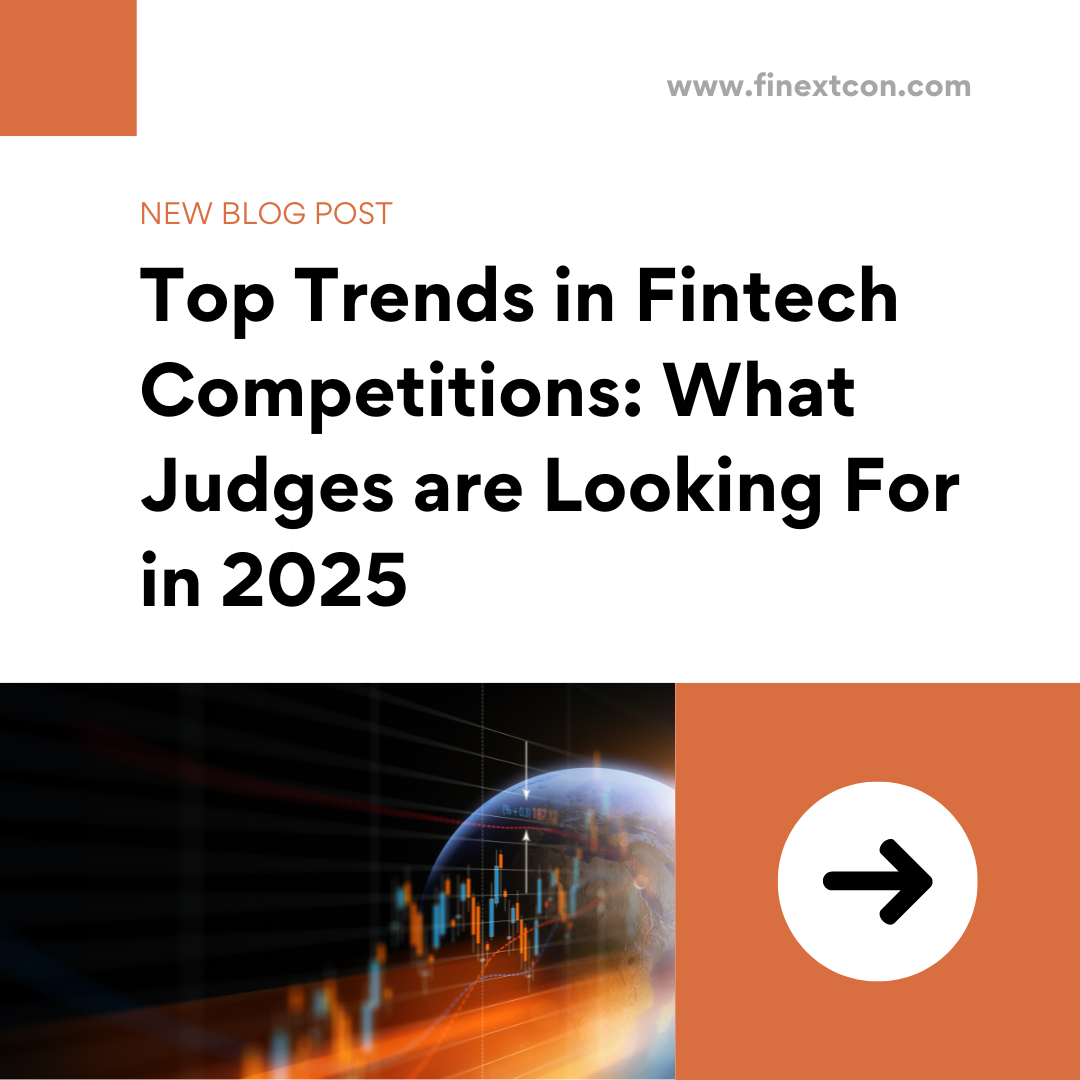As the fintech industry continues to evolve at a rapid pace, fintech competitions have become essential platforms for innovation, offering startups the chance to showcase their ideas and solutions. With 2025 on the horizon, it’s crucial to understand what judges are looking for in these competitions to stand out and succeed. Here’s a look at the top trends shaping the criteria and expectations of fintech competition judges in 2025.
1. Focus on Financial Inclusion
Financial inclusion remains a critical global issue, and fintech solutions that address this challenge are increasingly favored by competition judges. In 2025, judges will be looking for ideas that can bridge the gap between the unbanked and the financial system. Whether through mobile banking solutions, micro-lending platforms, or payment systems tailored for underserved communities, innovations that promote financial inclusion are likely to score highly.
2. Integration of Artificial Intelligence and Machine Learning
Artificial Intelligence (AI) and Machine Learning (ML) have been buzzwords for years, but their practical application in fintech is what judges are eager to see. Solutions that leverage AI and ML to enhance fraud detection, improve customer service through chatbots, or optimize financial decision-making processes will be at the forefront of fintech competitions in 2025. Judges will be keen on how these technologies are being utilized to create smarter, more efficient financial systems.
3. Sustainability and Ethical Finance
As sustainability becomes a global priority, fintech innovations that align with environmental, social, and governance (ESG) principles are gaining traction. Judges in 2025 will be interested in solutions that promote sustainable finance, whether through green investments, ethical lending practices, or platforms that encourage responsible consumer behavior. The integration of ethical considerations into fintech solutions will be a key differentiator.
4. Personalization and Customer-Centric Solutions
In an era where consumers expect tailored experiences, fintech solutions that prioritize personalization will catch the judges’ attention. From AI-driven personalized financial advice to customized investment portfolios, judges will be looking for solutions that enhance the customer experience. The ability to understand and anticipate individual customer needs through data-driven insights will be a significant advantage in fintech competitions.
5. Blockchain and Decentralized Finance (DeFi)
Blockchain technology and Decentralized Finance (DeFi) continue to disrupt the financial industry. In 2025, judges will be looking for fintech solutions that harness the power of blockchain to enhance transparency, security, and efficiency in financial transactions. Whether it’s through decentralized lending platforms, smart contracts, or innovative applications of cryptocurrencies, blockchain-based solutions are expected to be a major trend in fintech competitions.
6. Regulatory Technology (RegTech) Innovations
As the financial industry faces increasing regulatory scrutiny, RegTech has emerged as a critical area of focus. Judges in 2025 will be on the lookout for fintech solutions that simplify compliance, reduce regulatory costs, and enhance transparency. Innovations in areas like automated reporting, real-time risk management, and anti-money laundering (AML) technologies will be particularly appealing.
7. Cross-Border Payment Solutions
With the world becoming more interconnected, the demand for efficient cross-border payment solutions continues to grow. Judges will be interested in fintech innovations that address the challenges of international transactions, such as high fees, long processing times, and currency conversion issues. Solutions that offer seamless, low-cost cross-border payments, particularly in emerging markets, will stand out.
8. Cybersecurity and Data Privacy
As fintech solutions become more sophisticated, so do the threats they face. In 2025, judges will place a strong emphasis on cybersecurity and data privacy. Fintech companies that can demonstrate robust security measures, protect customer data, and comply with data privacy regulations will have a competitive edge. Innovations in encryption, secure authentication methods, and fraud prevention will be highly valued.
9. User Experience (UX) Design
While technology is crucial, the importance of user experience cannot be overstated. Judges will be looking for fintech solutions that are not only innovative but also easy to use and accessible. A seamless, intuitive user interface that caters to both tech-savvy and non-tech-savvy users will be a key factor in determining success in fintech competitions.
10. Scalability and Market Potential
Finally, judges will be assessing the scalability and market potential of fintech solutions. Startups that present a clear roadmap for growth, including strategies for entering new markets and scaling their operations, will be favored. Judges will be looking for solutions that have the potential to disrupt the market on a large scale, with a solid business model and a clear path to profitability.
Conclusion
As fintech competitions become more competitive, understanding the trends and criteria that judges prioritize is essential for success. In 2025, solutions that focus on financial inclusion, integrate AI and ML, promote sustainability, and offer scalable, secure, and user-friendly experiences will be the ones to watch. By aligning with these trends, fintech innovators can increase their chances of standing out and winning in the ever-evolving landscape of financial technology.
